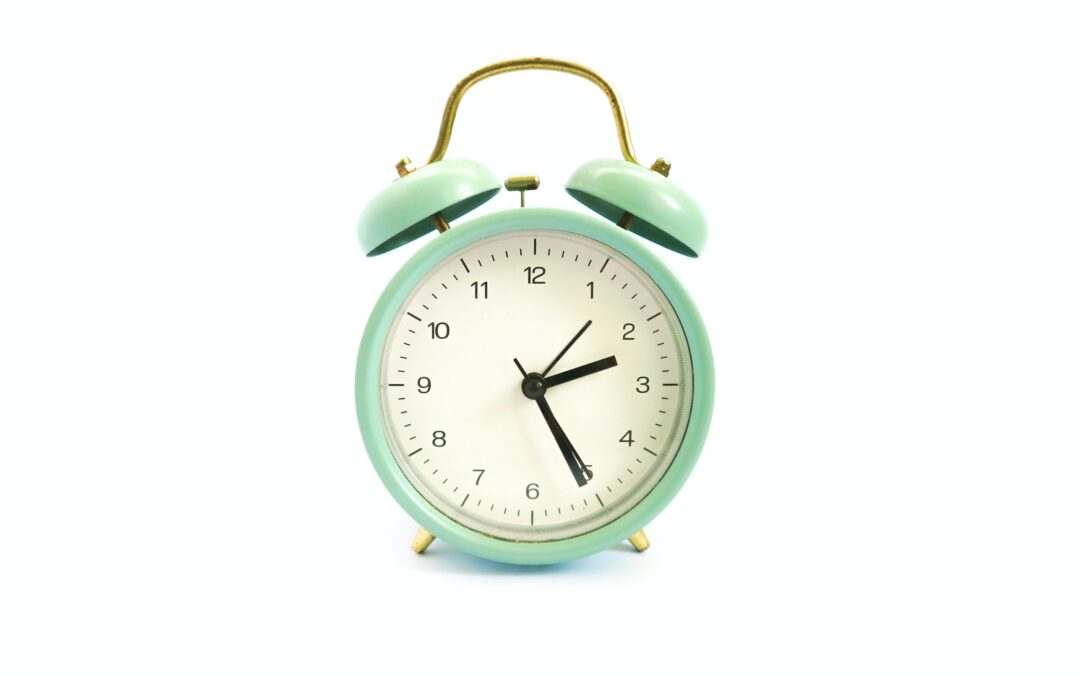Psychotherapy is more of an art than a science. There are many different modalities or methods of doing therapy and equally as diverse a set of theories about “what works best” in the therapy process. Despite all of those variables, there are proven ways to get the most out of your therapy experience. But what are the best ways to use your therapy session?
… And why do we even need a list like this? Well, because therapy is an investment of your time, money, and other resources. And if you’ve ever had a less-than-amazing therapy experience, you know the disappointment that goes along with a failed investment.
“Meh” therapy
Getting yourself into therapy is a huge decision and one that has the power to change your entire life. And I’m not overestimating things here. It’s true.
But, does every experience of therapy yield that type of transformational result? Well, no.
Some experiences of psychotherapy are mediocre. From clients who have come to see me over the years after having worked with other therapists, I’ve heard many reports of their previous therapies. Some of them have sounded like this:
- “The therapist was nice, but, they didn’t say much at all. I got tired of hearing myself talk.”
- “I want to be challenged. I want someone who will engage with me”
- “The therapist kept asking me how things made me feel, but that was the extent of it. I don’t feel that I made any real progress with self-understanding or insight. I’m still where I was before I started.”
So how do you optimize your time in therapy to gain the greatest return on your investment?
How do you use your time in therapy wisely to ensure that you are, indeed, getting what you want out of it?
Here are some of the best ways to use your therapy session:
Collaborate with your therapist
Let your therapist explore, with you, whatever you are bringing in to talk about. That’s why you’re paying them. They’re knowledgeable and want to help you get your mental health and wellness needs met. If you notice that, during your sessions, you’re aimlessly rambling or monopolizing the conversation, name that “noticing” with your therapist so that you can look at that pattern and any function it may be serving for you together. You know, collaboratively.
Be intentional with your therapy sessions
Come into your sessions with some sense of what you want to address. It could be that you have a goal in mind for that day such as “I want to figure out how to respond when X happens” or “I need to talk about X thing that happened today.” You don’t have to have the specific outcome in mind, but it’s often helpful to have some sense of your own needs. (As a sidebar: knowing what you need is a huge step toward healing.)
Bring in your triggers
Especially as a Schema Therapist, I am particularly interested in what your triggers are and where they “go off” when you’re moving through the world. Starting a session by letting your therapist know where you got triggered over the previous week gives you the rest of your therapy hour to explore it. Hurray!
Elicit feedback from your therapist
When you start therapy you might have a few specific goals that you want to focus on. Over time, those goals will hopefully be met. If you are choosing to enter into a longer-term therapeutic relationship, you feel like a certain “piece of work” has reached completion, or you feel satisfied with where things are, but you don’t want to stop therapy. When that is the case, talk to your therapist about areas that they’ve noticed could be worth exploring.
Release your goal-focused agenda completely once in a while
Ok, I’m going to backtrack a little bit here. While I firmly believe that all of the above suggestions are great ways to improve your experiences in therapy, I’ve also noticed that sometimes, it’s good to come into sessions without any of it. Research has shown repeatedly that the most powerful factor in therapy is the relationship you have with your therapist. Sometimes, when clients come into the room with absolutely no agenda, we end up getting to explore our relationship, which, as a microcosm of how you generally “do” relationships, can be super therapeutic. It can also strengthen the bond and the sense of trust you have with your therapist. In my case, I also love incorporating experiential exercises into sessions like that. Things like relaxation, guided imagery, and meditation.
Take A Pause
Lastly, if you’re finding that your sessions feel aimless, or you’ve got an overall feeling of a lack of progress or momentum, it might be time to do something different.
One final option to consider, especially if you aren’t even sure why you’re going to therapy anymore or what you’re working on, is to pause the therapy.
Taking time away from personal work can allow you to live life on your own, using self-reliance and taking an opportunity to flex your skills. The good news about therapy is that you can always return when you’re ready.
Do you have any other tips about the best ways to use your therapy session to share? Please let me know in the comments! And feel free to share!

